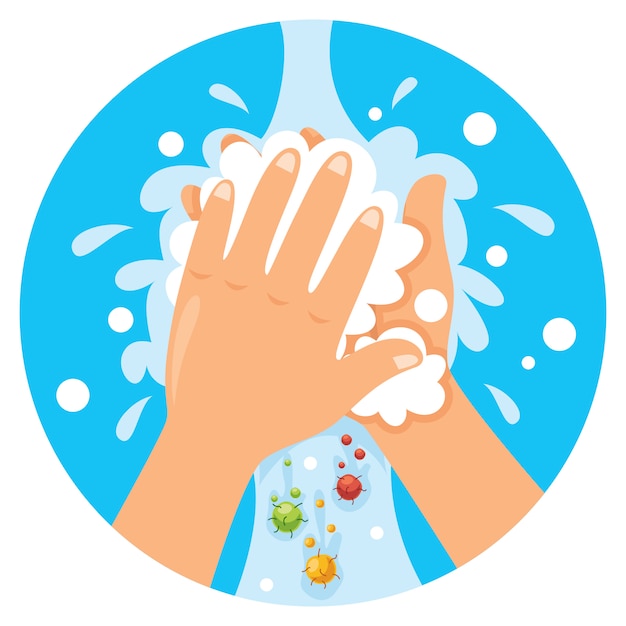Reading Comprehension: Chocolate is good for you 2
https://www.liveworksheets.com/hj348609eb
jueves, 30 de abril de 2020
martes, 28 de abril de 2020
Houses around the world
English for children. Reading Comprehension: Houses around the world
https://www.liveworksheets.com/ds325251la
https://www.liveworksheets.com/ds325251la
lunes, 27 de abril de 2020
Chocolate is good for you
Whether chocolate is good or bad for you only experts can say:
https://www.liveworksheets.com/kj315070xn
https://www.liveworksheets.com/kj315070xn
English for children. Song to teach Simple Present
Kids Box 3 (Cambridge)
https://www.youtube.com/watch?v=fOyoPF1dAfU
Kids Box 3 (Cambridge)
https://www.youtube.com/watch?v=fOyoPF1dAfU
domingo, 26 de abril de 2020
For more revision of passive form in Present and Past simple
https://www.liveworksheets.com/yu302115ry
https://www.liveworksheets.com/yu302115ry
sábado, 25 de abril de 2020
For a revision of the past simple:
A lucky day or not?. Visit the following link: https://www.liveworksheets.com/ga289354vg
A lucky day or not?. Visit the following link: https://www.liveworksheets.com/ga289354vg
viernes, 24 de abril de 2020
For a revision of Simple Present 3rd person singular
Talking about daily routines
https://es.liveworksheets.com/jn284065ly
Talking about daily routines
https://es.liveworksheets.com/jn284065ly
martes, 14 de abril de 2020
COVID 19
ALL ABOUT SARS-Cov-2
SARS-Cov-2
(Severe Acute Respiratory Syndrome Coronavirus-2) is the name given
to the 2019 novel coronavirus. COVID-19 is the name given to the
disease associated with the virus. However, many people refer to the
virus as COVID.
SARS-CoV-2
is a new strain of coronavirus that has not been identified in humans
before.
Coronaviruses
are viruses that circulate among animals yet some have infected
human beings. For example MERS-CoV, for its acronym Middle East
REspiratory Syndrome Coronavirus, is transmitted to humans from
camels, and SARS-CoV-1, Severe Accute Respiratory Syndrome
Coronavirus-1, is transmitted to human beings from civet cats.
The
five coronaviruses types which affect humans are alpha (229E and
NL63), beta (OC43), HKUI1 and SARS-CoV - although the latter is best
considered an animal virus that has only rarely infected humans.
In
humans, the transmission of coronaviruses between an infected
individual and others can occur via respiratory secretions. This can
happen either directly through droplets from coughing or sneezing, or
indirectly through touching contaminated objects or surfaces as well
as close contact, such as touching or shaking hands.
HOW
TO PREVENT THE VIRUS
Clean
your hands often
-
Wash your hands often with soap and water for at least 20 seconds especially after you have been in a public place, or after blowing your nose, coughing, or sneezing.
- If soap and water are not readily available, use a hand sanitizer that contains at least 60% alcohol.
- Cover all surfaces of your hands and rub them together until they feel dry.
- Avoid touching your eyes, nose, and mouth with unwashed hands.
Avoid
exposure
- Avoid close contact with people who are sick.
- Stay home as much as possible.
- Keep a distance of about six feet from other people. (Remember that some people without symptoms may be able to spread virus).
- Cover your mouth and nose with a cloth face cover when around others.
- Everyone should wear a cloth face cover when they have to go out in public.
Cover
coughs and sneezes
- Cover your mouth and nose with a tissue when you cough or sneeze or use the inside of your elbow.
- Throw used tissues in the trash.
- Immediately wash your hands with soap and water for at least 20 seconds or clean your hands with a hand sanitizer that contains at least 60% or 70% alcohol.
Clean
and disinfect
- Clean and disinfect frequently touched surfaces daily. (This includes tables, doorknobs, light switches, countertops, handles, desks, phones, keyboards, toilets, faucets, and sinks).
Suscribirse a:
Entradas (Atom)

